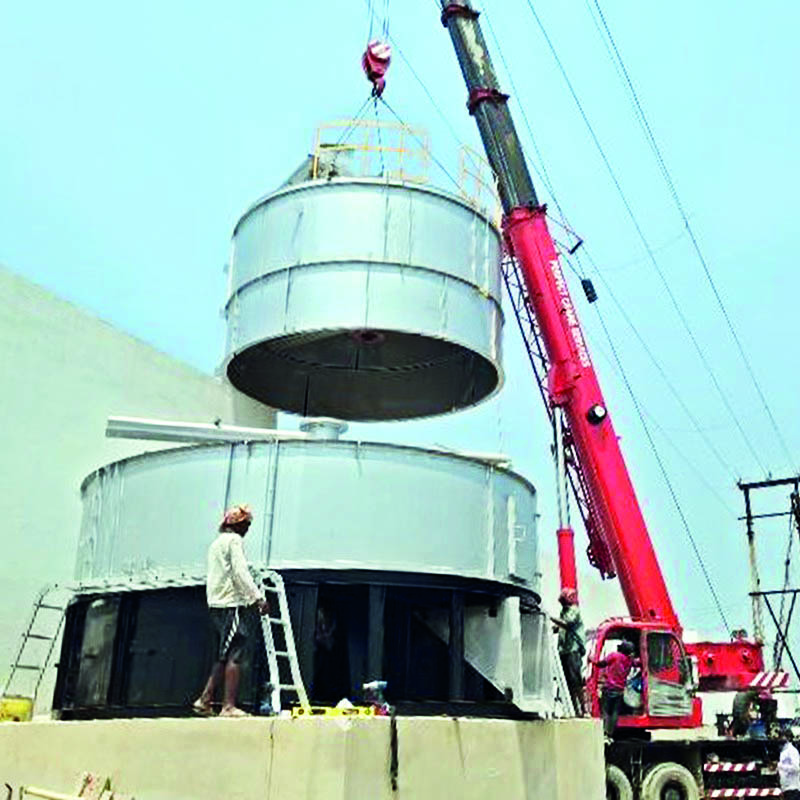WBLDCL adopts bio-methanation for fertiliser production in Kalyani

Kolkata: For carbon reduction, West Bengal Livestock Development Corporation Limited (WBLDCL) has adopted bio-methanation in its poultry layer farm at Kalyani in Nadia district.
The bio-methanation plant developed by WBLDCL has a production capacity of 10,000 metric ton organic fertiliser (from poultry manure) annually. Bio-methanation is a biological process that converts organic matter into methane and carbon dioxide without hampering eco-stability.
An Animal Resources Development (ARD) department official said WBLDCL, through this modernised method, converts biological waste to fertiliser. The procedure undergoes anaerobic digestion of poultry manure. Anaerobic digesters, the core component of the biomethanation plant, break down the pre-treated (seeded) poultry litter in the absence of oxygen to produce dry fertiliser. “The biomethanation method bears testimony that we are inclined towards energy sustainability, keeping in mind global consciousness towards carbon emission,” the official said. It is a RIDF (Rural Infrastructure Development Fund)-XXVII scheme well planned by WBLDCL under the purview of state ARD department.
“Biomethanation has many benefits like energy production, waste reduction, carbon sequestration, reduced greenhouse gas emission etc. Carbon Credit accumulates in the favour of WBLDCL,” the official added.
WBLDCL’s layer farm at Rathtala in Kalyani is completely automated. The feeding of the birds, cleaning their droppings and the collection of eggs after laying are done in an automated manner. The temperature and humidity inside the farm are regulated automatically depending upon the climatic conditions.



